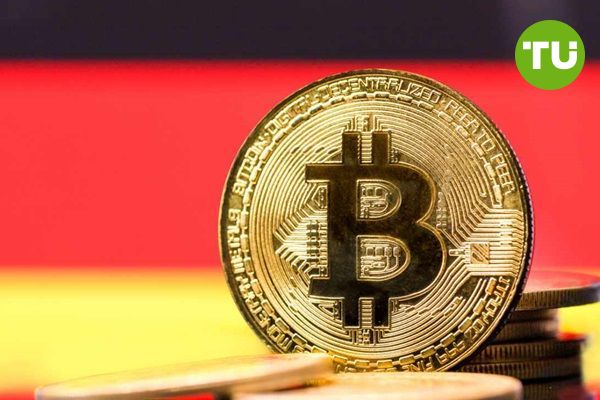Bitcoin sale costs Germany $1.7 billion
 The sale would have yielded approximately $4.5 billion in today’s market
The sale would have yielded approximately $4.5 billion in today’s market
Germany's sale of 50,000 bitcoins in July at $53,000 resulted in a significant profit loss.
At the time of the sale, this price seemed reasonable, aligning with the market average and brought the country $2.8 billion. However, with Bitcoin is currently worth around $90,000, that decision has effectively cost the German government a staggering $1.7 billion in potential profits, Cryptopolitan informs.
The decision to sell: A strategic misstep?
In an effort to cash in on Bitcoin’s bullish momentum earlier this year, Germany opted to liquidate a portion of its crypto holdings. The government managed to sell its Bitcoin stash at an average price of $53,000 per BTC. However, in November 2024, bitcoin jumped to record highs, trading around $90,000 per coin. If the government had held onto its assets, the sale would have yielded approximately $4.5 billion in today’s market—$1.7 billion more than what was realized.
Analysts have pointed out that this was an ill-timed move, especially given the well-documented cyclical nature of Bitcoin prices. The crypto market, which had been in a slump for much of 2023, has since rebounded strongly, driven by increased institutional adoption and macroeconomic factors that favor decentralized assets.
The German government has historically been quick to liquidate seized digital assets, primarily due to concerns over market volatility. Officials justified the sale at $53,000 as a means of securing revenue amid economic uncertainties. However, some critics argue that holding onto Bitcoin could have been a more strategic approach, especially given its deflationary characteristics and potential as a hedge against inflation.
This case highlights the challenges governments face when handling digital assets. Unlike traditional financial assets, Bitcoin’s value can fluctuate wildly, making it difficult to time the market perfectly. Still, the decision to sell prematurely is now being second-guessed, especially with Bitcoin’s meteoric rise over the past few months.
The missed opportunity underscores the importance of understanding the long-term potential of digital assets. As more countries explore the idea of holding cryptocurrencies in their reserves, Germany’s experience could serve as a cautionary tale. With Bitcoin continuing its upward trajectory, the conversation around the asset’s role in government treasuries is far from over.
It was previously reported that Bitcoin hits record highs: what drove the surge and why it’s important.













































































































































